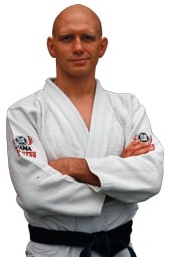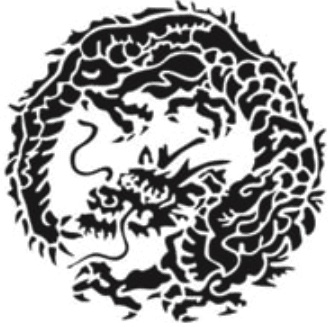The following question was submitted by a subscriber of the Grapplearts newsletter.
Q: What are your views on the ‘aging grappler’ who tries to keep rolling into his thirties and forties? What are some limitations and injuries to watch out for?
A: As an ‘aging grappler’ myself (at thirty seven years old) this is a topic near to my heart. I have found that I can work out just as hard as when I was young, but that it takes longer to recover from a tough workout. Recovery is heavily affected by hormones, and an older grappler just doesn’t have as high levels of testosterone, growth hormone and other hormonal factors to recover as fast as some twenty-year-old punk.
So what is a thirty, forty or fifty-something grappler to do? As I prepare to rattle off some suggestions I am reminded of the old joke which goes: “take my advice, I’m not using it”. If I followed my own advice rigorously then I’d be in bed right now preparing for tomorrow’s training session rather than typing this newsletter…
1 – Don’t train hard every class, especially if you are training often. If each sparring session is a battle to the death then you won’t recover in time for your next class. If you are always compounding incomplete recovery with more incomplete recovery, then overtraining, injury and illness become certainties, not possibilities.
2 – Pay attention to recovery, especially after harder training sessions. One reason that pro fighters and other young whelps can train so much is that they usually have the luxury of sleeping in, as well as taking naps during the day. This added sleep is a surefire way to recovering faster from workouts.
Now I realize that people with full time jobs and/or family obligations are unlikely to be able to sleep 9+ hours a night, and take naps whenever they are tired. At the very least try to get somewhere around 8 hours of sleep when you are training hard.
Pre and post exercise nutrition is also a huge factor in muscle recovery. A sportsdrink right before you work out, and a protein-carb drink immediately afterwards, willhelp you recover faster.
3 – Accept that you are in it for the long haul, and that there will be good days and bad days, hard days and easy days. The performance of older athletes isn’t determined by how hard they train on a given day, but rather by the cumulative results of years of training.
4 – Consider doing some weight training once or twice a week, IF you can do it without overtraining. Careful weightlifting can help prevent injuries by strengthening muscles, ligaments and bones, and less injuries mean faster improvement on the mat.
5 – Take inspiration from the athletes who have performed at incredibly high levels at age 40+. Randy Couture is an obvious example, becoming the UFC’s Light-Heavyweight Champion at age 40. Fred Hatfield was the first man to squat a mind-boggling 1000 pounds, and he did it at fourty-five years of age!
6 – Remember that strength and endurance are finite, but that there is no end to technique. High levels of technique CAN overcome youthful energy and enthusiasm, so ask questions, analyze deeply and study hard.


